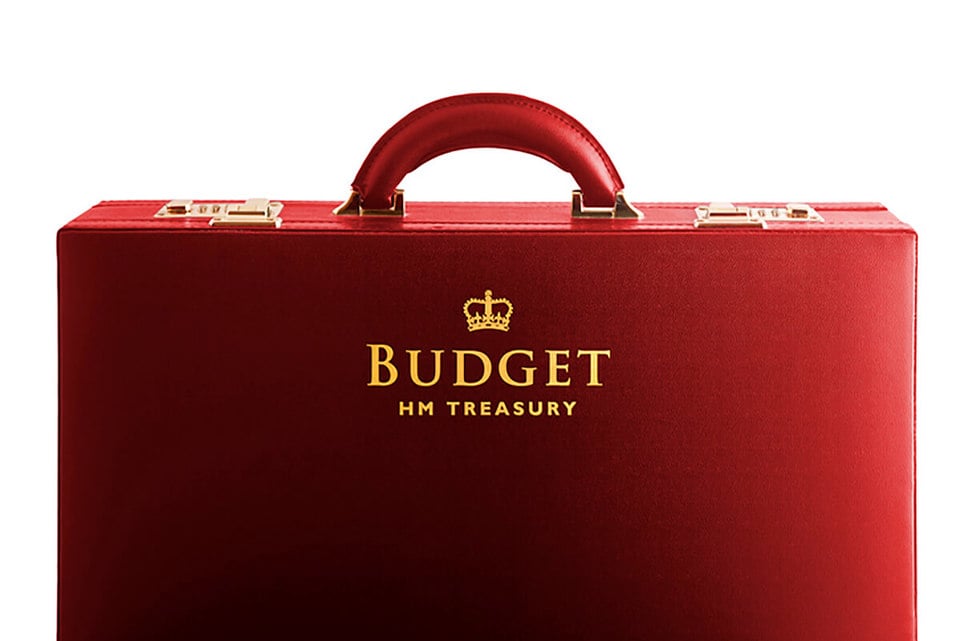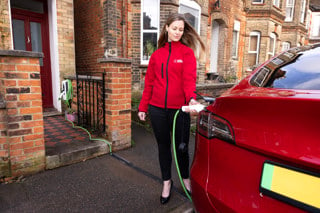The British Vehicle Leasing and Rental Association (BVRLA) has called on the Government to defer or stagger the VED increases planned for April. It also wants owners to retain the ability to obtain a full refund of any tax outstanding when a car is sold in the first year.
A new report from Oxford Economics, commissioned by the BVRLA, suggests that the rental sector will be unfairly hit by the Government’s decision to increase VED rates and remove the ability to claim a refund for any unused first-year tax from April 1, 2017.
The report found the average duty paid for rental cars, which have a typical fleet life of nine months, will rise from £36 in 2016 to £170 from April 2017.
As a result, the rental sector’s overall first-year VED bill will rise 400%, from £11m in 2016 to £55m in 2017, with the lack of refund responsible for £14m of this.
“Our members are facing a 400% increase in one of their main tax bills, and the inability to claim a refund on any unused portion of the VED is totally inconsistent with usual UK tax policy,” said BVRLA chief executive Gerry Keaney.
The car rental sector purchases around 324,000 cars each year, but the BVRLA says this number is now likely to fall as companies lengthen their operating cycle in an attempt to reduce the cost impact of the new VED regime.
An analysis of BVRLA member data indicates that the industry will buy 24,800 fewer cars in 2017, which will have a major knock-on effect on the environment.
“Rental companies account for a substantial proportion of new, low-emission car purchases in the UK, and if these changes go through, the Government will seriously damage its green agenda and air quality goals,” said Keaney.
The VED changes will slow the rate at which these cleaner cars are brought on fleet and subsequently sold into the second-hand market, says the BVRLA. This could have a particular effect in the urban areas of London, Birmingham and Manchester, where around 25% of rental cars are located.
There is also a significant potential VAT loss resulting from fewer cars being purchased and thus disposed of in 2017. Using an average rental car disposal price of £17,800, the BVRLA calculated that the Treasury could be hit by a VAT shortfall of almost £74m this year.
Tony English, CEO, Isotrak, said: “Transport was at the heart of the first industrial revolution, 200 years later, transport efficiency remains the lifeblood of the economy, and with the Chancellor expected to focus on productivity, fleet owners will need to play their part in what is being called ‘The Fourth Industrial Revolution’.
"Given that we are unlikely to see major road infrastructure changes, businesses need to optimise their fleet management and logistics strategies.
"Tools such as telematics can offer companies a better insight into how both drivers and vehicles are performing, ultimately delivering a better service to customers. Meeting business demands while reducing operating costs should be at front of mind for fleet managers.
"As customer expectations and competition inevitably increases, transport strategy success will increasingly be measured in timely deliveries and improved turnaround times.”
























Patriot - 08/03/2017 23:33
It seems to me Gerry Keaney wants the Treasury to hand over more of our money to him and his members. Buyers of new cars, vans and HGV's can reclaim the Vat on purchases, fuel, all business-related running and maintenance costs, eg repairs or off-street parking and any accessories fitted for business use. 'The car rental sector purchases around 324,000 cars each year...' He forgot to mention fleet buyers negotiate massive price discounts from the manufacturers. Stop whinging man and find a solution, that's what you're paid to do.